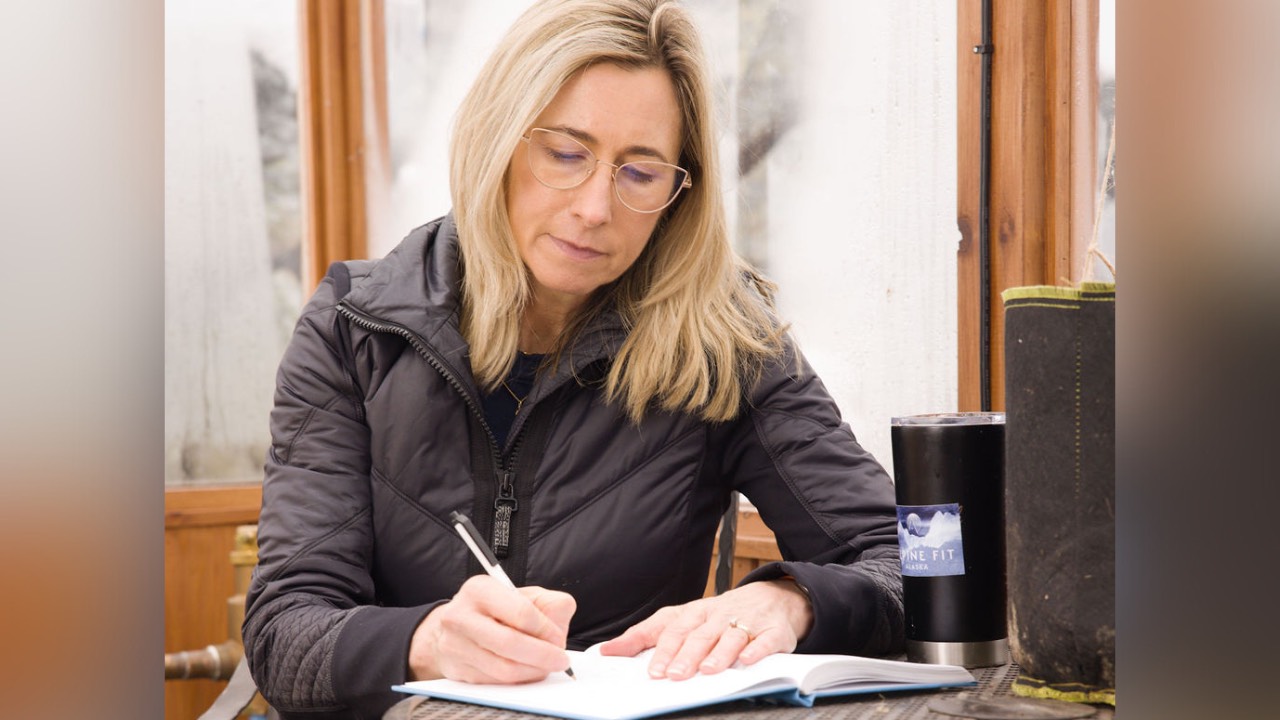The Award Not Won: Story and Reflection
It’s that season again. Graduation programs. Thank-you speeches. Awards. A flurry of new titles, public praise, and quiet appreciation.
We do this because it matters. Recognition is powerful. Appreciation even more so. But in the messiness of human systems, it doesn’t always land how we intend.
I’ve been thinking about a TED talk by Mike Robbins, where he explains the difference: Recognition is about what someone does. Appreciation is about who someone is.
Both matter. But blurring the lines—or applying them without intention—can still miss the mark. This is important as appreciation is key in creating healthy systems to support well-being.
The Mayo Clinic’s systemic well-being framework is one of the most comprehensive and effective models out there. Co-created with over 1,000 staff voices, it’s a cutting-edge, values-based system that’s already showing measurable results. In their “Being Valued” pillar, they call on leaders to foster a culture of appreciation and offer tools to support it, beyond surface-level recognition.
And still, even with the best intentions, it’s easy to slip into patterns that leave some people feeling unseen. A guide from SHRM offers practical ways to prevent that—like varying how recognition is expressed, tracking who’s acknowledged (and who isn’t), and anchoring it in shared values rather than charisma or visibility.
All of this brought back a moment I remember clearly.
Several years ago, about five years into my time as core faculty, I’d poured my heart into the program.
I’d revamped our didactics from bottom up with a needs analysis survey of the residents, faculty and staff; obtained lunches for didactics; launched a global health elective and started a fund for it; created POC, easy to use, evidence-based OB care tools; bridged silos with our OB partners; and routinely brought hot-off-the-press updates to the residents. Whether I was teaching, rounding, or just dropping a clinical pearl in passing, I was all in.
I didn’t do any of it for praise. I genuinely loved the work. But right before graduation that year, several third-year residents kept asking if I’d be there for it. And I admit, a out of nowhere, a little hope and excitement crept in. "Maybe they were going to give me the Faculty of the Year award?"
They didn’t. They gave it to my friend and colleague - someone who absolutely deserved it. And still, I felt that little sting.
I think about that moment every time someone confides they feel left out or unseen. Years later (when I was no longer core faculty) a newer colleague shared her own sadness over never being recognized. After chatting with me about my take on it, she did something beautiful: she helped that graduating class recognize all the core faculty that year. It was fun to see them all smile. (I'm not saying that is how it should be done every year but in that moment, it felt right.)
Recognition, and even appreciation, can get complicated.
One thing I’ve learned to do? Create a quiet checklist for myself - not of outcomes, but of how I showed up:
-
Did I act in alignment with my values?
-
Did I do something to try to make it a little better for someone else?
-
Did I bring curiosity, care, or clarity to the moment?
-
Did I keep learning, adjusting, and staying present?
It’s not about whether everything turned out perfectly. It’s about process, contribution, and presence.
If the answer is yes, I let myself feel proud, quietly, and without waiting for applause (an internal fist bump). And if there’s still a twinge of longing to be seen? That’s just a sign it mattered.
Reflections: What would be on your own checklist of meaningful contribution regardless of outcome or recognition? Who comes to mind, maybe unseen, maybe not having great outcomes, that you want to extend appreciation?





Responses